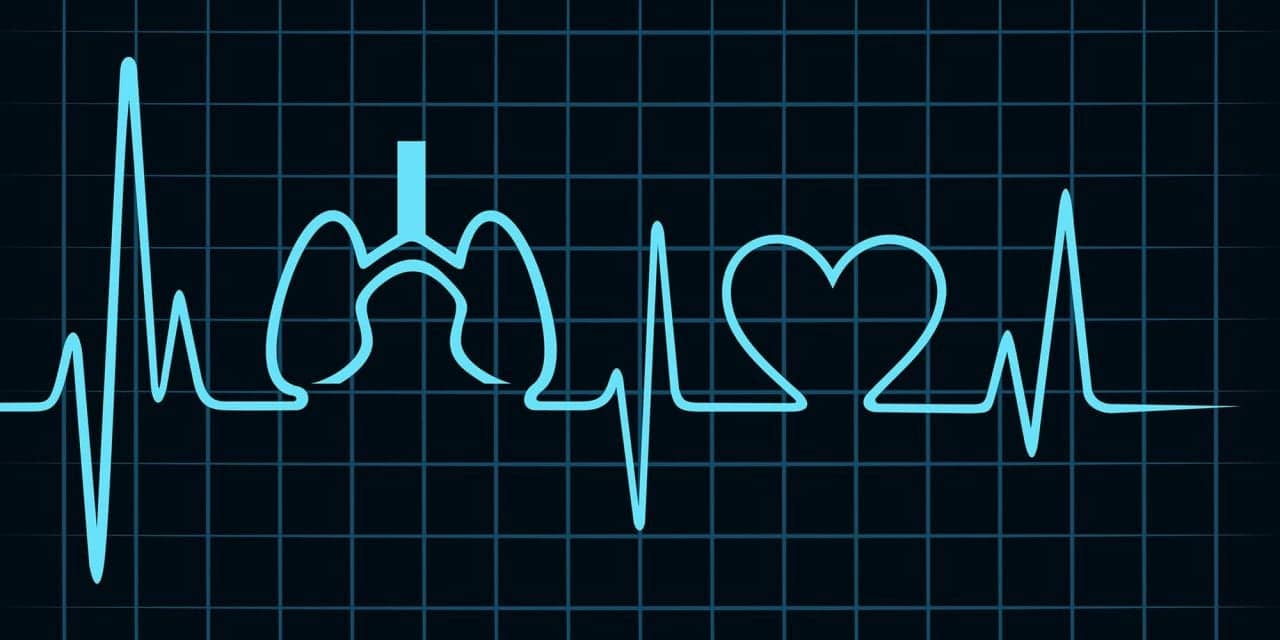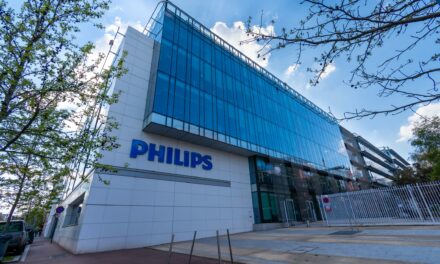Israeli medical startup NanoVation has been awarded a €2.5 million ($2.9 million) grant as part of the European Union’s prestigious Horizon 2020 EIC Accelerator program. The grant will support development of its SenseGuard device for monitoring patients with respiratory conditions such as COPD, at hospitals and in the home.
SenseGuard is a wireless wearable medical device for continuous monitoring of patients’ breathing, based on the company’s first-of-a-kind nano-based respiratory sensor. The device has already gone through clinical trials and received CE marking, proving that the technology is both safe and highly accurate in monitoring the respiration of patients, NanoVation says. It is currently being deployed in hospitals in Israel and the EU for further clinical research of its state-of-the-art capabilities.
Unlike existing solutions, SenseGuard™ is capable of measuring lung-function from patients’ regular breathing without any need for cooperation or unpleasant test execution by the patient. Approximately half of all direct COPD costs are associated with hospitalization due to deterioration in the respiratory function of only 6.4% of patients, according to NanoVation, which says these costs could be significantly reduced through a high-quality and simple-to-use home monitoring device that identifies any deterioration early and leads to a dramatic reduction in the need for hospitalization through treatment intervention at the patient’s home.
“Lung function changes indicating a worsening condition can appear up to three weeks before reaching an acute state that often leads to hospitalization and a lengthy rehabilitation,” said Dr. Gregory Shuster, CEO and co-founder of NanoVation. “Our pioneering device aims to enable identification of the early signs of deterioration in lung function, and enables early treatment.”
Horizon 2020 supports Small and Medium-sized Enterprises (SME) with breakthrough innovation projects and aims to promote and fund discoveries and world-firsts by taking unique ideas from the lab to the market. The round of applications in October 2019 was highly competitive with a success rate of 4% from 1852 submitted proposals, according to NanoVation.










